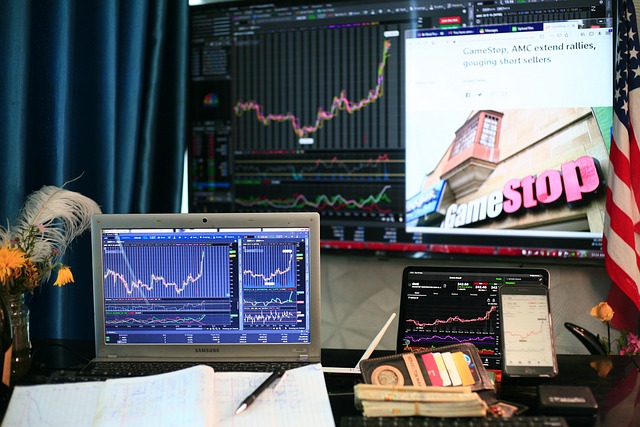In the pursuit of maximizing potential returns, leverage has become a crucial concept for investors. By using leverage, investors can significantly increase their exposure to global markets with a relatively small initial outlay. One of the most prominent strategies in this realm is CFD (Contracts for Difference) trading. This article provides an in-depth look at mastering leveraged investing in global markets, with a particular focus on the use of CFDs.
Leverage essentially involves borrowing funds to amplify an investor’s potential return on investment. In the context of global markets, leverage can be the difference between modest gains and substantial profits. However, the increased potential for rewards also comes with heightened risk, making it essential for investors to understand and manage these risks effectively.
CFD trading is a popular method of leveraged investing. CFDs allow traders to speculate on the price movements of international financial markets, including forex, commodities, and equities, without actually owning the underlying assets. This feature, combined with the leverage available in CFD trading, makes it an attractive option for many investors looking to capitalize on global market movements.
However, the use of leverage in CFD trading can magnify both gains and losses. Therefore, approaching these instruments with a well-thought-out strategy is crucial. Successful CFD traders often employ strict risk management techniques, such as setting stop-loss orders to limit potential losses and closely monitoring market conditions to make informed decisions.
Beyond CFDs, there are other leveraged investment options available in global markets, including options, futures, and leveraged exchange-traded funds (ETFs). Each of these instruments has unique characteristics and risk profiles that can be tailored to different investment strategies. For instance, leveraged ETFs use financial derivatives and debt to amplify the returns of the underlying index, while futures and options contracts allow investors to speculate on future price movements of assets.
To navigate leveraged investments successfully, investors must have a deep understanding of the global markets in which they are operating. This includes staying informed about market trends, political developments, and economic factors that can influence asset prices. Keeping up with global news and market developments is essential for making timely and informed investment decisions.
Another critical aspect of excelling in leveraged investing is understanding the impact of currency fluctuations. Currency risk can significantly affect investment returns in global markets. For example, even if a foreign stock’s value increases, a decline in the currency in which the stock is denominated relative to the investor’s home currency could reduce overall returns. To mitigate this risk, investors can use hedging strategies, such as currency futures or options.
Diversification is also key when managing leveraged investments. Spreading investments across different asset classes and geographic regions can help reduce risk. While leverage can amplify returns, concentrating too much capital in a single investment or market increases exposure to risk. A diversified and well-balanced portfolio can help mitigate these risks.
Investors should also be aware of the regulatory environment governing leveraged investments in different countries. Regulations can vary significantly across jurisdictions, affecting aspects such as leverage limits and reporting requirements. Understanding these regulations is crucial to ensure compliance and make informed investment decisions.
Mastering leveraged investing in global markets requires strategic diversification, effective risk management, and a deep understanding of market dynamics. While tools like CFDs offer exciting opportunities to amplify returns, they also carry increased risks. Investors should approach leverage with caution, adopt a disciplined investment approach, and continuously educate themselves about the markets in which they are involved. When used wisely, leveraged investments can be a powerful tool for achieving significant gains in the global marketplace.

